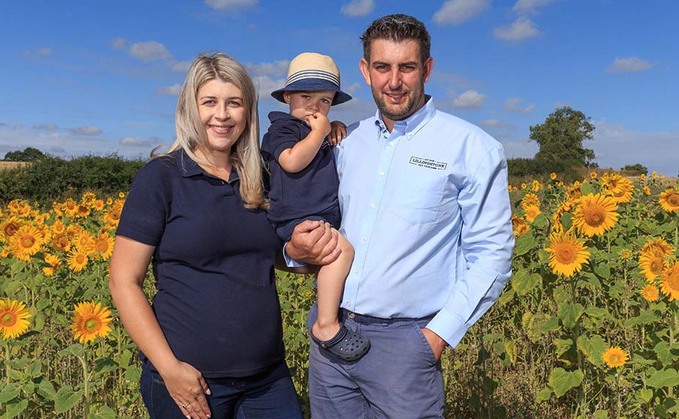
Having found their niche, new entrant couple Tom and Faye Phillips are going from strength to strength. Hayley Chapman finds out more. There is nothing better than seeing a first-generation farmer break...

Having found their niche, new entrant couple Tom and Faye Phillips are going from strength to strength. Hayley Chapman finds out more. There is nothing better than seeing a first-generation farmer break...